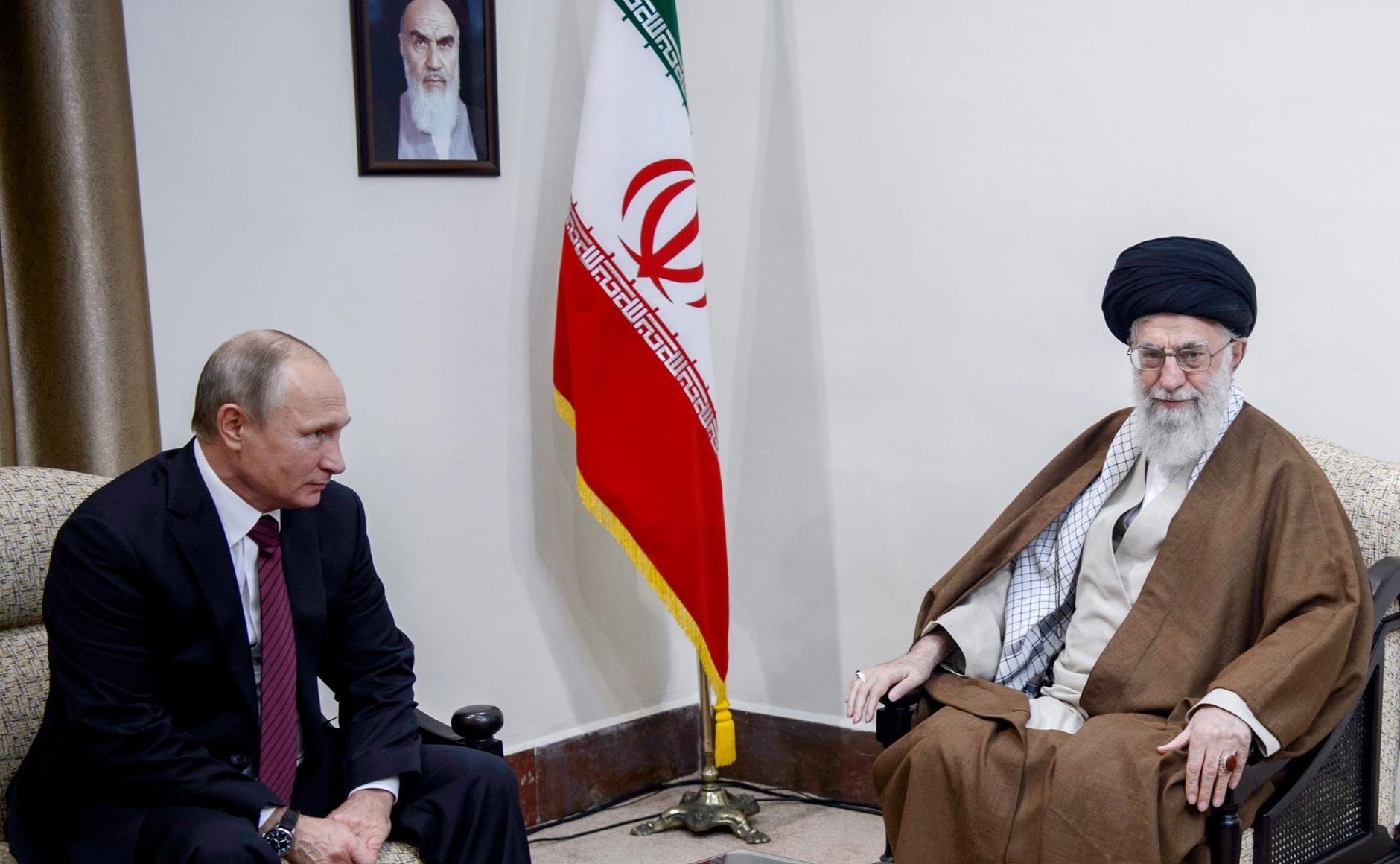AMERICA AND UZBEKISTAN SEAL STRATEGIC PARTNERSHIP.
AMERICA AND UZBEKISTAN SEAL STRATEGIC PARTNERSHIP.
President Islam Karimov’s March 13-15 visit to the United States advanced bilateral relations on the parallel tracks of security cooperation and U.S.-assisted internal reforms in Uzbekistan. The visit made it clear that the Bush administration regards both dimensions as integral to its policy. The State Department’s annual report on human rights, released in early March, minced no words about the situation in Uzbekistan.
On his return from the United States, Karimov cited President George W. Bush as declaring that the United States has become a permanent strategic partner to Uzbekistan. Karimov also described his reception in the U.S. Congress as warm. From these signals he inferred that Uzbekistan is now safe from “aggressive forces around us that look at us with evil eyes or evil intentions.”
During Karimov’s visit, Bush and other U.S. officials cited Karimov’s immediate move in the wake of September 11 to rally behind the United States, in spite of initial Russian objections. It was U.S. Defense Secretary Donald Rumsfeld, rather than the State Department, who achieved the diplomatic breakthrough in early October by concluding an agreement with Uzbekistan. Since then, the U.S. Air Force and the U.S. Army’s 10th Mountain Division are using the Khanabad air base. As predicted, the agreement’s cautiously formulated language gave sufficient leeway to the United States to conduct not just rescue, humanitarian and reconnaissance missions, but in due course also combat missions in Afghanistan (see the Monitor, October 8, Fortnight in Review, October 12, 2001).
Last month, the German and Uzbek defense ministers, Rudolf Scharping and Kadyr Ghulomov, signed an agreement on German use of Uzbekistan’s Termez airport, which is situated on the Uzbek-Afghan border. The airport is to be used as a logistical base for German troops deployed in Afghanistan with the International Security Assistance Force there.
In Washington, Karimov stated publicly that the U.S. military “can stay on the territory of Uzbekistan as long as it needs.” His position is in accord with America’s, which disclaims the intent to establish “permanent bases” in Central Asia, but seeks the use of bases or stations there without setting a time limit. For its part, Russia wants the United States to commit to withdrawing its forces from Central Asia when its antiterrorist operations in Afghanistan are completed. While in the U.S. capital, Karimov cautiously and tentatively welcomed Russian President Vladimir Putin’s “growing feeling” that the deployment of U.S. antiterrorist forces in Central Asia is consistent with Russia’s security interests.
Alluding to differences within the antiterrorist coalition over the scope of pacification operations in Afghanistan, Karimov warned that it would be “inadmissible to allow the successful first stage of the campaign to be exploited by other forces to their own advantage.” He expressed concern over the recrudescence of warlordism, Iranian intrigues and the power grab by the Panjshir Valley Tajik faction, which currently seeks–with some Russian sympathy–to create a new Afghan army under its own control, equipped with Russian weaponry. Meanwhile, Rumsfeld and Karimov discussed possible U.S. assistance to the creation of Uzbek professional military units, but the United States does not plan to deliver any heavy weaponry.
Karimov’s visit yielded a Declaration on Strategic Partnership and Cooperation, under which the United States confirms that it would regard with serious concern any threat to Uzbekistan’s national security and territory. The agreement commits Uzbekistan to launching internal reforms on a broad front with American assistance. It cites creation of a multiparty system, licensing of independent mass media outlets, freedom of action for nongovernmental organizations, reform of the judiciary and other steps toward “creating an open civil society.”
As part of decisions taken in the run up to the visit and confirmed during the course of it, Uzbekistan is to unify the rates of exchange of its currency (the som), make it convertible within the next few months, and accelerate economic and legal reforms geared to encouraging foreign investment. For its part, the United States is to increase its assistance package for Uzbekistan to almost US$160 million in 2002, double the pre-September 11 allocation. Approximately half of the increased package is earmarked for equipment and training for the Uzbek military and security forces. The other half is earmarked for social and economic projects, mainly in the Ferghana Valley and the Aral Sea basin. Additionally, the U.S. Export-Import Bank is allocating US$55 million worth of credits for the development of small and medium-sized business in Uzbekistan (Uzbek Television, UzA [Uzbek national news agency], UzReport, Jahon news agency, March 13-18).
The Monitor is a publication of the Jamestown Foundation. It is researched and written under the direction of senior analysts Jonas Bernstein, Vladimir Socor, Stephen Foye, and analysts Ilya Malyakin, Oleg Varfolomeyev and Ilias Bogatyrev. If you have any questions regarding the content of the Monitor, please contact the foundation. If you would like information on subscribing to the Monitor, or have any comments, suggestions or questions, please contact us by e-mail at pubs@jamestown.org, by fax at 301-562-8021, or by postal mail at The Jamestown Foundation, 4516 43rd Street NW, Washington DC 20016. Unauthorized reproduction or redistribution of the Monitor is strictly prohibited by law. Copyright (c) 1983-2002 The Jamestown Foundation Site Maintenance by Johnny Flash Productions


